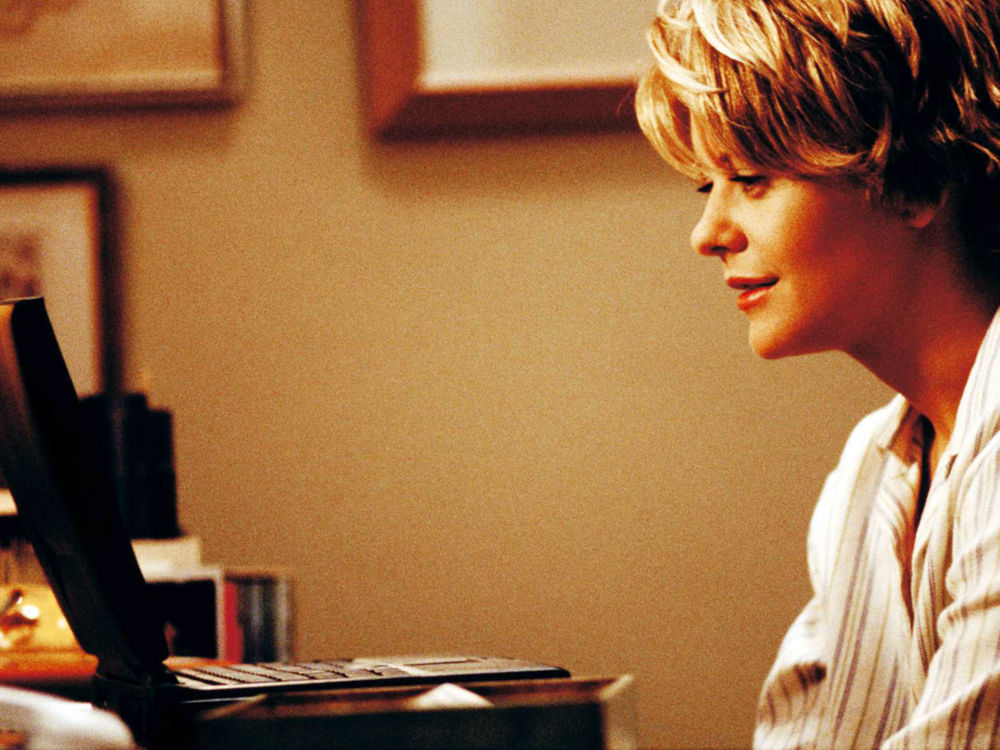Online dating fraudsters: why are we still falling for them?
With a reported £60 million lost in relationship scams last year alone, why are we still falling prey to fraudsters – and how can we protect ourselves?

With a reported £60 million lost in relationship scams last year alone, why are we still falling prey to fraudsters – and how can we protect ourselves?
Sarah*, 37, is embarrassed. She can’t quite believe she was so naive, she says. Looking back, it seems so obvious. But she wanted to meet someone. She wanted, she says – face reddening and hands twisting – to fall in love. Now £1.5k lighter and still single, she’s not so sure if it’s worth it.
As online dating becomes increasingly popular, the crimes associated with it are on the rise. Scamalytics, the company responsible for the largest anti-fraud database monitoring the online dating industry, says it now spots 60,000 ‘romance scams’ taking place in the UK every week. And terrifyingly, last month, Crimewatch revealed reports of rape from women who had met up with men ‘off the internet’ had increased sixfold in the space of five years. ‘I get multiple phone calls every week from women who have had their cards cloned, their bank details stolen, or worse,’ says Laura Lyons, founder of Are They Safe, a private-investigations service which offers legal background checks. ‘In almost every case, it’s been by a man they met online, generally on one of the free dating sites. It’s incredibly easy to lie about yourself on the internet, and the assumption that these apps are so commonplace that there aren’t any risks involved any more is completely false. The more day-to-day they become, the more dangers there are in using them. And because the police don’t have the resources to prioritise minor fraud, it’s often left up to your insurance to cover the costs – while the criminals themselves move on to their next victim.’
‘There’s no such thing as a “typical” dating scam,’ explains the founder of Scamalytics, Dan Winchester. ‘But I would say that most cases of fraud will involve you having to transfer some money to the person in question via Western Union or Moneygram, or giving out your card details. Online fraud is a big and sophisticated industry – so big, in fact, that initially, you might think you’re messaging a person, when you’re actually messaging a bot, programmed to hook you in using certain phrases and keywords. If you’re feeling unsure, stick to the messaging service provided by the dating app.
Fraudsters will try to move you away and on to WhatsApp or email, but dating apps have built-in security, and you can’t underestimate the value of that.’
Are They Safe is offering Marie Claire readers a 20 per cent discount on identity checks with the code MC16. Visit them here.
Celebrity news, beauty, fashion advice, and fascinating features, delivered straight to your inbox!
The leading destination for fashion, beauty, shopping and finger-on-the-pulse views on the latest issues. Marie Claire's travel content helps you delight in discovering new destinations around the globe, offering a unique – and sometimes unchartered – travel experience. From new hotel openings to the destinations tipped to take over our travel calendars, this iconic name has it covered.